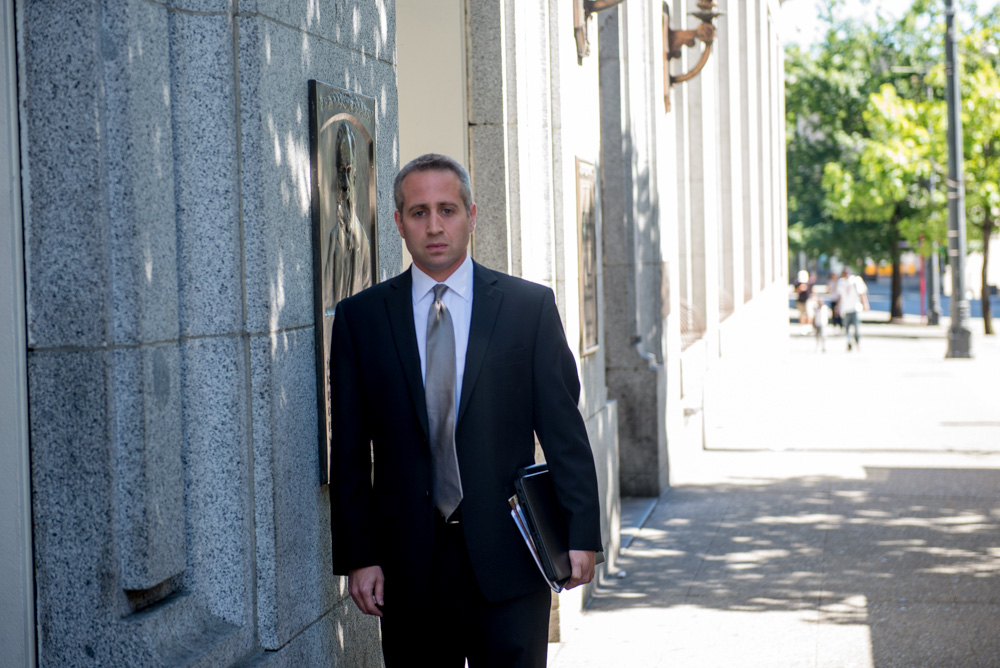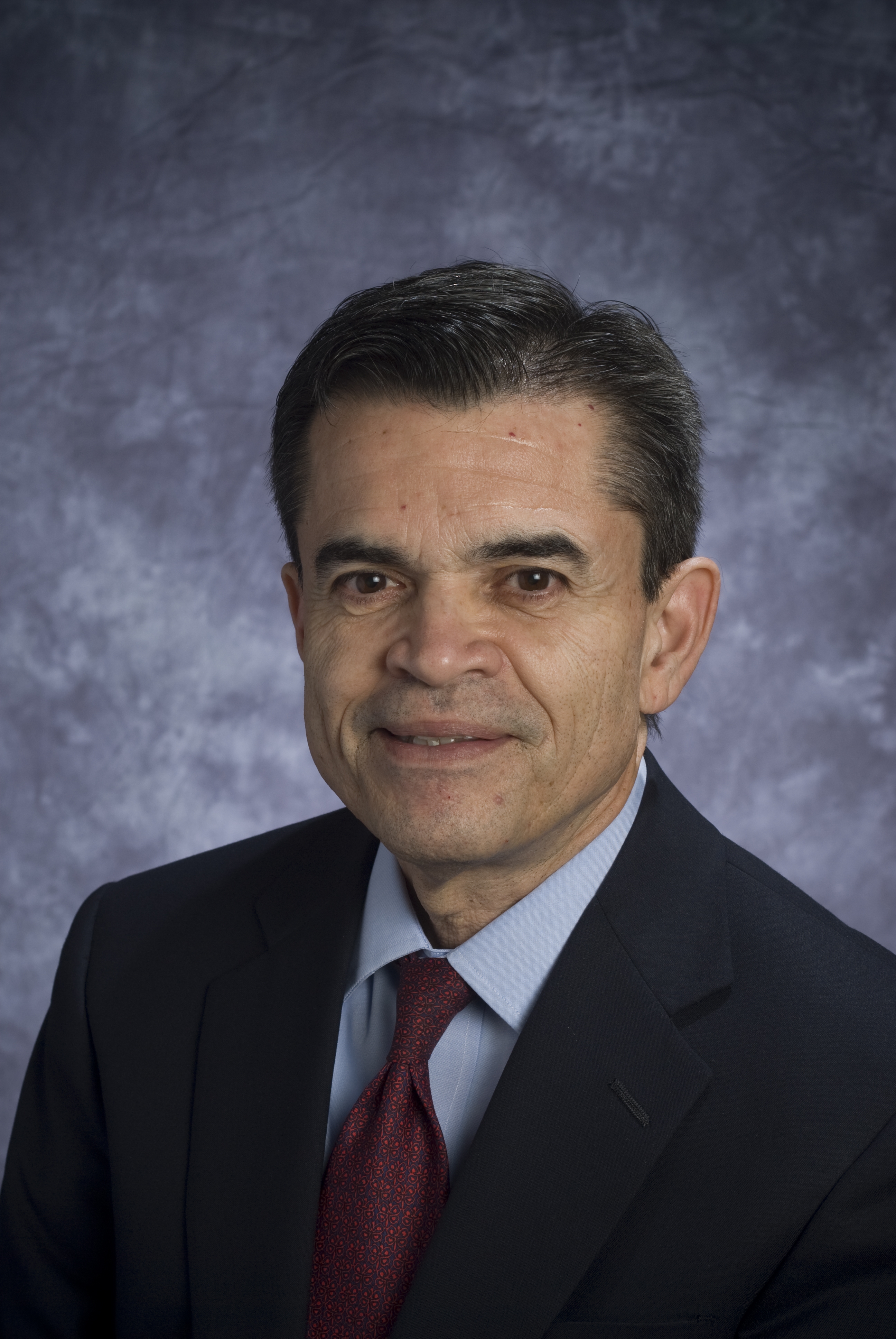The taxi drivers of metropolitan Seattle are still smarting, it seems, from the recently signed deal that legalized their app-based competition. That much was made clear last week, after hundreds of area cabbies arrived for customer-service training at the Teamsters Local 117 in Tukwila.
Sponsored by the union and developed at its behest by the hospitality-management department at South Seattle Community College, the training was designed to help area cabbies better compete with Uber, Lyft, and the taxi industry’s other upstarts.
But not everyone who showed up was able to participate. Minutes after the scheduled morning start, the line to enter the four-hour training session snaked around the cavernous auditorium where it was being held, and continued to grow. It’s a sign of how desperate taxi drivers are to find new ways to compete.
Eventually an announcement was made: The training was filled to capacity, explained union staffers. All the preprinted training materials had been handed out. An additional training session would be scheduled for August.
The news did not go over well. Shouting ensued. Some grumbled about the $60 cost of the class while waiting in lines to register for future training sessions. Many others who were turned away complained of receiving messages from Yellow Cab-Puget Sound Dispatch suggesting that the training was mandatory.
Kiet Nguyen drives a Yellow Cab, #733. Standing next to a banana-yellow sedan, one of many packed into the Teamsters Union parking lot, Nguyen said that for days prior to the session, cabbies were reporting receiving messages via their in-cab computers implying that drivers had to attend the training session.
Teamsters 117 Communications Director Paul Zilly said that the union was not aware that Yellow Cab had issued the messages, nor does it condone the suggestion, implied or otherwise, that the training sessions are involuntary. Yellow Cab-Puget Sound Dispatch did not return calls seeking comment.
Nguyen confessed that the situation is indicative of a larger problem: communications issues with dispatchers. That’s partly why he’s not altogether enthusiastic about the concessions taxi drivers were given in the City Council-approved legislation that authorized ride-sharing companies.
A veteran driver with eight years in the business, Nguyen said, “If you’re a customer and you have a bad experience with a dispatcher, it makes the whole company look bad… and if that happens, it’s going to take a while for the customers to trust us again.”
Taxi drivers were frustrated when told training class was filled to capacity. Photo by Vernal Coleman
Other cabbies gathered in clusters outside the building’s front doors were even less optimistic.
Walabu Mohamed said he’s been driving a Yellow Cab for just three months—not long enough, it seems, to have become jaded about his prospects. But the deal that gave app-based ride-share companies the green light to operate in Seattle will not solve the taxi drivers’ predicament, he said.
Like other drivers, Mohamed contends not just with flat-rate, for-hire, and ride-share companies, but also hotel bellmen and other service-industry employees who, he said, give those companies preferential treatment. “The city does not have anyone out on the street helping us get fares, so how does this deal help me?” he asked.
Approved by the City Council on July 14, the legislation provides ride-share companies a legal framework to operate within the city. In a victory for the companies, the regulations (or lack thereof, depending on which cab driver you’re speaking with) do not place a cap on the number of active ride-share drivers—a big difference from earlier legislation approved by the Council that had limited the number of ride-share company drivers operating at any given time at 150. But the Council reversed itself, and the repeal paved the way for the cap-less regulatory agreement preferred by Seattle Mayor Ed Murray.
The gains for Seattle cabbies are less clear. According to the new legislation, over the next four years the city will issue another 200 taxi licenses—the first new licenses in two decades—and authorize four new taxi stands. The city will also untangle the legislation that governs taxi-license ownership by requiring that licenses be the sole property of the operators who own them. Currently, taxi drivers can share ownership of licenses.
Dawn Gearhart, a spokesperson for Teamsters Local 117, which represents 500 local members of the Western Washington Taxicab Operators Association, concedes that some drivers may be disappointed with the deal. But the issuance of additional licenses remains a “victory,” she said.
Mohamed, who is not a member of the Association, said he will participate in the lottery that will determine who receives one of the new licenses only if he can save enough money to buy his own car. Like many other taxi drivers in Seattle, he rents the cab he drives from someone else.
Despite being pinched financially by competition and increased overhead, Mohamed said driving a taxi represents for him the “best option,” at least in the short term.
But what about the long term? “If you become one of these new owners, you can advance in your life,” he said. “But if you don’t get a new license, nothing much has changed for you.”
vcoleman@seattleweekly.com








